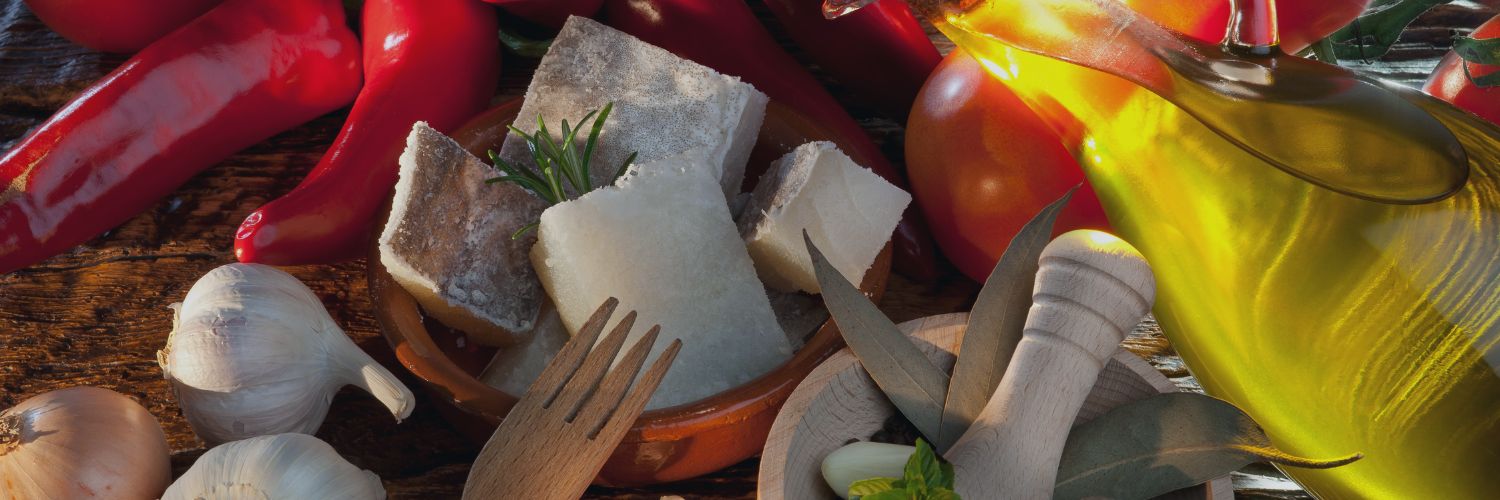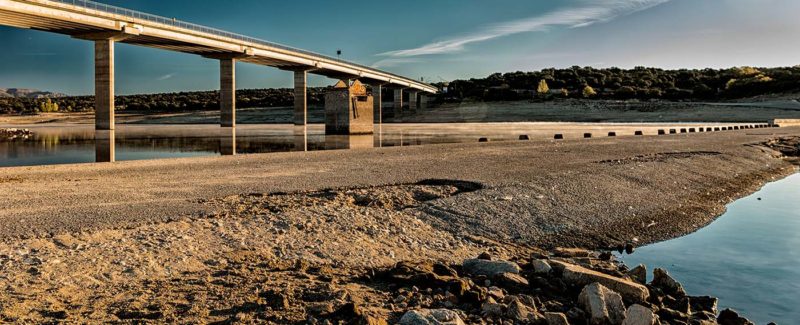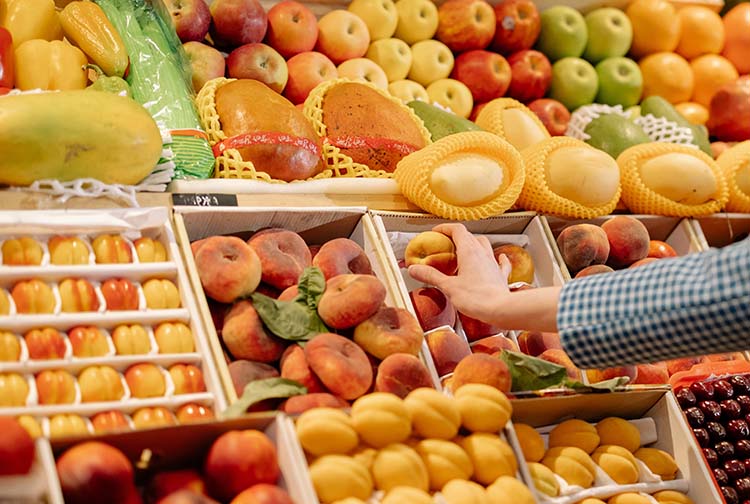

Is food sovereignty possible in Catalonia?
Climate change, the war in Ukraine and the logistical funnel caused by the pandemic have reopened the debate on a possible global food crisis and the importance of rethinking the production model for essential crops in order to guarantee our food sovereignty.
Food sovereignty refers to the ability of a country or region to determine its own agricultural and food policies and to produce the basic foodstuffs to meet the needs of the local population as a whole. Not having food sovereignty means being dependent on food imports and not having sufficient control over one’s own food production.
This dependence on food imports increases a country’s vulnerability to international market fluctuations and food price increases caused by geopolitical conflicts or climate change. In addition, the focus on large-scale crop production for export has resulted in even more dependency and loss of food sovereignty for many countries, despite lowering the final price of the product at the expense of increasing the carbon footprint.
Securing supply chains
The collateral effects of droughts in North Africa, frosts in Central Asia, floods in Pakistan and war in Ukraine are just some of the causes for the alarming shortages of staple food supplies that are already affecting a large part of the world’s population.
According to the latest report by the United Nations, almost 3.1 billion people cannot afford a healthy diet rich in basic nutrients. And we are not only talking about developing countries, inflation in Europe has severely affected people’s purchasing power, pushing up food basket prices, while logistical problems are forcing many countries to take emergency measures to ensure the availability of certain basic foodstuffs.
Without going any further, February’s Consumer Price Index (CPI) shows that food in Catalonia is 14.5% more expensive than a year ago, with vegetables and pulses rising by more than 18% since January. These record price rises have had a direct effect on the cost of more than 200 food products.
In addition, our territory is suffering the most severe drought since 2008, when water reserves in reservoirs and internal basins fell by up to 20%. Drought has affected the cereal harvest throughout Spain and France. The Port of Tarragona has an almost total occupation of its quays, half of them loaded with agri-food products imported from other countries to make up for this shortage of cereals.
Low food self-sufficiency
Much agricultural land has been lost in Catalonia since the 1950s. Today, just over 25% of the Catalan territory is devoted to agricultural crops, half the European average, and 70% of the agricultural surface area is rain-fed. This means that Catalonia only achieves a degree of food sovereignty of between 40% and 45%.
Agriculture only contributes 1,622 million euros to Catalonia’s GDP (2022), making it the economic sector with the least impact on GDP, and a far cry from the 187,185 million euros generated by the services sector. Even so, it is still a strategic sector for society as a whole, and purely because it provides the raw material for the main foodstuffs, it is one of the main sectors that must be maintained and developed.
The question, however, is what price we are prepared to pay to maintain this strategic sector for our society. Agricultural activity in Catalonia has declined progressively over the last few years, and the Unió de Pagesos frequently warns that if they cannot compete with the prices of the distributors, many of them will not be able to make a living and will have to stop their activity.
A change of mentality
Driving change towards a new food system that practices rational resource management is not only necessary, but it is also essential to move towards the sustainability of our society as we face the climatic and geopolitical challenges in which we are immersed. However, this comes at a cost and involves social, cultural and environmental trade-offs that society will have to consider.
Crops have to adapt to the water available, contrary to what has been done until now, especially when we take into account that the average temperature in Catalonia is expected to rise by 2 to 3 degrees over the next twenty years, reducing the availability of water by 20%. For example, instead of producing maize for export or for feeding pigs, we could grow vegetables that we now import from other regions, a change which would contribute to food sovereignty.
On the other hand, it is necessary to democratise the means of production and land. Reclaim agricultural land for local family farms, 50% of which have had to be abandoned in the last 15 years, to the extent that 55% of agricultural land is in the hands of only five families. Controlling food prices or subsidising production costs in a timely manner can help to ensure that people can make a living from what they produce.
At present, the limitations of the territory and the agri-food model certainly do not allow for food sovereignty in Catalonia, but working towards greater self-sufficiency is possible if there is a long-term political vision and if society is willing to assume the cost of this paradigm shift.
11Onze is the community fintech of Catalonia. Open an account by downloading the super app El Canut for Android or iOS and join the revolution!
Leave a Reply
You must be logged in to post a comment.





Hola, crec q no està ben definit el concepte de Sobirania Alimentària.
Es tal com dieu però li falta “poder alimentar-se de forma sana i saludable, sense transgènics ni fertilitzants químics….. I això també és possible a Catalunya, però amb voluntat
Moltes gràcies pel teu comentari, David!!!
Molt bon article.
Merci
Gràcies, Manel! Ens complau que t’hagi agradat.
Gràcies!
Gràcies a tu, Joan, per ser-hi sempre!